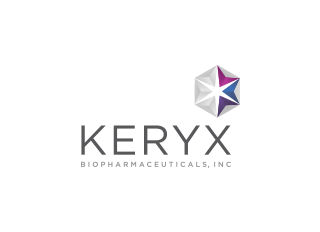 Keryx Biopharmaceuticals announced on Tuesday that its kidney disease medication met Phase 3 study endpoints. The ferric citrate drug is intended to treat iron deficiency anemia in people with chronic kidney disease (CKD) who do not require dialysis.
Keryx Biopharmaceuticals announced on Tuesday that its kidney disease medication met Phase 3 study endpoints. The ferric citrate drug is intended to treat iron deficiency anemia in people with chronic kidney disease (CKD) who do not require dialysis.
These initial results are statistically significant, the company said.
Keryx’s shares were up 21 percent in pre-market trade, following this news.
In the 24-week, 234-patient study of patients with moderate to severe kidney disease, 52 percent of those who received the ferric citrate treatment saw their hemoglobin levels rise by 1 g/dl of blood. Comparatively, 19 percent in the placebo group had a 1 g/dl increase.
The ferric citrate drug (called Auryxia) is approved to lower phosphate levels in the blood of CKD patients on dialysis. But based upon these Phase 3 study results, Keryx hopes to apply for an expanded approval of the oral, iron-based treatment.
Side effects of the drug included diarrhea, constipation and nausea. Twelve patients treated with ferric citrate discontinued use because of side effects, compared to 10 patients who received placebo.
Two patients in the study died, but researchers said the deaths are not related to the treatment.
Currently, Auryxia is approved in the U.S., Japan and the European Union for patients with CKD on dialysis.
R&D 100 AWARD ENTRIES NOW OPEN:
Establish your company as a technology leader! For more than 50 years, the R&D 100 Awards have showcased new products of technological significance. You can join this exclusive community! Learn more.
Filed Under: Drug Discovery




